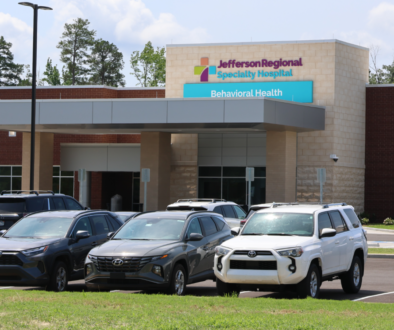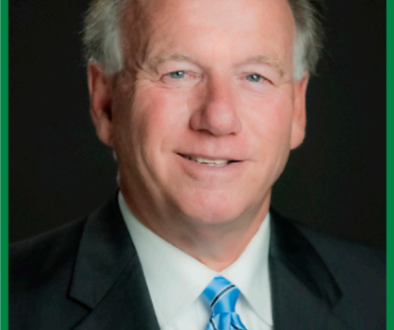When Government Listens and Responds | From The Executive Director

Joe Quinn, AGRF Executive Director
If there ever was a time to think about why infrastructure development matters, it’s right now in Arkansas. An infusion of $3.8 billion in federal funding means there is a great deal of road and bridge work being done at the local and state levels. I was idly thinking of that recently when navigating traffic to get from downtown Little Rock to downtown Hot Springs in the middle of a Wednesday evening rush hour.
Traffic was heavy through Benton on Interstate 30 in Saline County, but it was moving, and the sections of the road that have been freshly repaved make the ride smoother than it used to be. But progress on this stretch of roadway has not come without problems. The road contractor awarded this job in December of 2018 missed multiple work completion deadlines, and as would be expected, local leaders and commuters are frustrated. The work was originally scheduled to be completed in November of 2022 and then that deadline slipped to March of 2023.
This is a significant stretch of highway that handles more than 85,000 vehicles a day. For thousands of people who work in Little Rock but live in Benton, Bryant, or Hot Springs, this stretch is the heart of the twice daily commute. The road improvement project here covers five-and-a-half-miles, creating new lanes and improved roads. But the long-term construction problems have not just resulted in traffic delays and frustrated drivers; dozens of vehicles have ended up with heavily damaged tires after slamming into potholes or big road construction steel plates.
You might buy into the stereotype that elected officials don’t listen when something doesn’t go as expected. But that’s not true in this case. The Arkansas Highway Commission announced at its March meeting that legal discussions were underway to put the contractor doing the Saline County job into default. This action by the commission has never been taken on a job this size in Arkansas history.
As commission members and ARDOT staff discussed taking the unprecedented step on a job this size, the meeting room was quiet. People were paying close attention as Commission Chair Alec Farmer outlined the reasoning behind the commission stepping in and saying the issue needed to be addressed. There was no denial at the meeting of the millions of hours drivers had spent sitting in traffic here since 2019. It was a moment in time that showed what government is supposed to be, and what appointed leaders from across the state should be willing to do. With the default conversation, the five commissioners were simply saying enough is enough. While this job has made headlines due to problems, the vast majority of ARDOT funded work in Arkansas gets reviewed, put out for bid, and completed in a routine fashion. New federal infrastructure money coming to the state, and an extension of a state sales tax to fund better roads, are creating safer roads at the local, state, and federal levels.
Last, year ARDOT managed $1.4 billion in bids for road jobs. In 2024, the expectation is the $1.4 billion will be spent on 195 projects. The jobs will not always go perfectly, and traffic delays around congested work sites will never be completely eliminated. But with the unprecedented default discussion, ARDOT leadership and the highway commission are sending a clear message that work delays like this will not be tolerated.
Please drive safely…and put that cell phone down when you are behind the wheel.
Joe Quinn, Executive Director
Arkansas Good Roads Foundation


